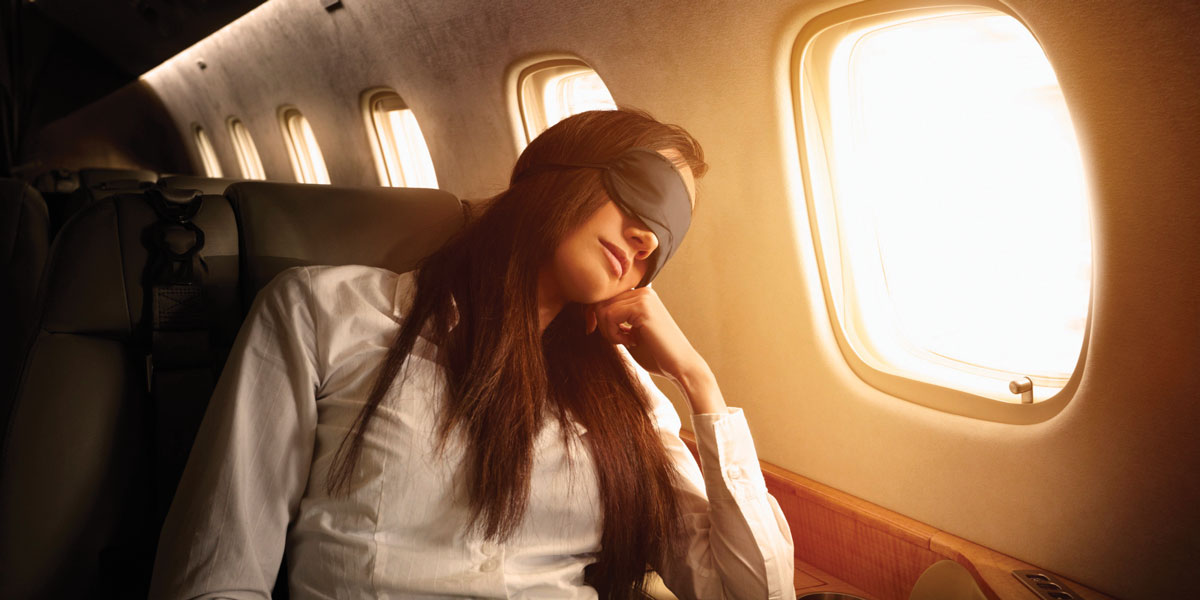Let’s face it, some people are ideal travelling companions; Calm, organised and respectful of other cultures. And some fellow travellers are best left at home. They’re the ones who embarrass you in foreign cultures, talk too much and listen too little. But there’s one exotic-sounding travelling companion you should consider taking along on your next overseas journey that will ease your travels and help ensure you don’t come home with an unwanted intestinal souvenir.

“Bali Belly” or “Delhi Belly,” as they’re commonly termed, are digestive upsets that frequently happen to those who are brave enough to venture into areas of the world with less robust water and sanitation management. Our Westernised intestinal microflora often aren’t equipped to handle the harmful microbes and parasites in non-Westernised countries. The resulting diarrhoea from a bacterial or parasite infestation can ruin the rest of your holiday and stick with you for quite a while afterwards.
Meet your lifetime digestive companions
Although you can’t see them, there are many thriving colonies of bacteria living on you and within you. Most of these resident bacteria are symbiotic, or friendly, in that they help us digest food and manage our intestinal environment, and get to live happily on us in return.
Bacteria like to live on the mucus lining that coats the sensitive cells of your bowel wall. There they can grab passing particles of food, ferment them, create energy and other substances that are fed to the bowel cells; in return, your bowel cells create mucus and an environment that the bacteria like to live in. It’s a win-win situation when your bowel is healthy.
But what also arrive in your gut from time to time are unwanted (pathogenic) bacteria. You probably don’t drink tap water overseas, but you might eat some vegetables washed or grown in the very water that a village has been defecating in. Those intestinal bugs and parasites would love to meet you. They want to establish a home in your intestines, but don’t want to give back anything in return. Instead, they’ll create toxins that can spark inflammatory processes, make life harder for your liver, produce substances that make thinking difficult, and take up valuable bowel real estate that would normally be utilised by good bacteria.
“Bali Belly” or “Delhi Belly,” as they’re commonly termed, are digestive upsets that frequently happen to those who are brave enough to venture into areas of the world with less robust water and sanitation management.
This can result in not just diarrhoea, but abdominal pain of varying degrees, multiple urgent bowel motions, headaches, nausea, no appetite and malnourishment. Fatigue, too. There’s an extensive laundry list of parasites and bacteria that can be resistant to orthodox medical drugs and don’t necessarily appear on standard medical pathology tests, requiring a functional pathology stool test to be identified. Then they can be tackled with herbs, plants with natural anti-bacterial and anti-parasite properties.
When bad bacteria take hold they change the structure of your intestinal mucus lining. It can become a thick, slimy, sticky substance with the consistency and adherent abilities of chewing gum. So thick that your immune cells can’t penetrate to knock out the unwanted invaders. When the conditions are right for them the pathogenic bacteria relentlessly extend their colonies, which can be difficult to eradicate.
When parasites take hold they can burrow down into the bowel wall, grip on tight and not only take up space and resources, but release toxins and induce inflammation, too.
A chronic inflammatory battlefield can ensue as your immune system battles the invaders. This can lead to the condition known as leaky gut, where, because your bowel wall cells are inflamed, undigested proteins and by-products of the battle make their way into your bloodstream. That can bring on lingering discomfort (they irritate nerve endings, too) and make you feel really unwell.
Take this friendly bug with you on your travels
Meet Saccharomyces boulardii (pronounced sack-a-row-my-sees boo-lar-dee), a yeast with an exotic-sounding name that can help prevent intestinal problems from developing on overseas jaunts. This friendly yeast will work hard in your intestines to stop bad bacteria and parasites from adhering to your intestinal wall, and if you actually do contract an infection that brings on diarrhoea, Saccharomyces boulardii will help ease inflammation and boost production of digestive enzymes, too.
Saccharomyces boulardii capsules are easily obtained (Available under brands Econorm, Biogit etc). Often they’ll be combined with other room temperature-stable probiotic bacteria. As with all other natural supplements, check you’re buying capsules with the right dose and quality; your natural health practitioner will likely stock the higher quality brands. Because Saccharomyces boulardii doesn’t need refrigeration, you can just toss the tub into your suitcase and escape into the magic of venturing away from home. Happy travels!
Reproduced from Rotary Down Under






